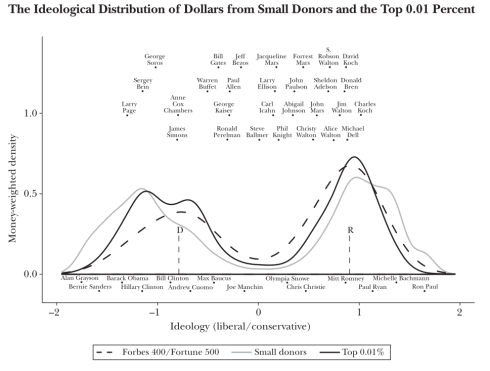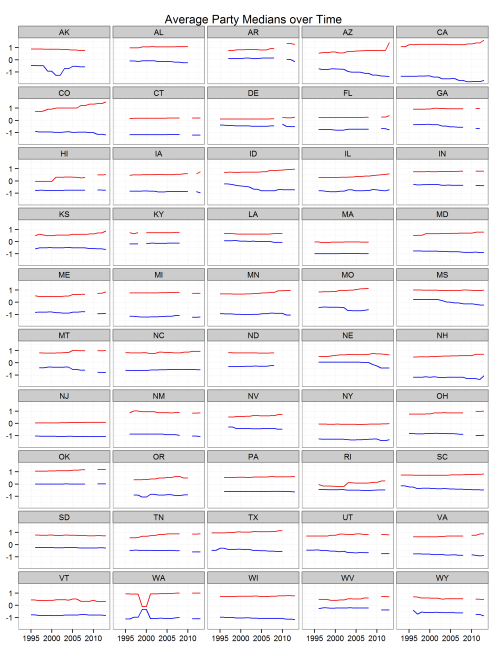 You may have noticed that sometimes: you argue with somebody and you come away thinking: “My that backfired!” Rather than loosening their attachment to their foolish belief they have become more committed.
You may have noticed that sometimes: you argue with somebody and you come away thinking: “My that backfired!” Rather than loosening their attachment to their foolish belief they have become more committed.
In years since the effect was named studies have revealed that the effect is common and potent. They have discovered that some public health advertising campaigns backfire. The target audiences become much less likely to change behavior. Even bizarrely after the audience admitted that they accepted the facts.
With a public health mindset you can then start to wonder what dosage of facts and information is optimal to change a person’s mind. Studies that attempted to start to get a handle on that (see links below). But slight spoiler – it’s really hard! – but not too hot, not too cold.
So what’s going here? Naturally we all labor to keep a consistent world view. Whenever new information comes over the transom our minds devote some calories to folding it into that world view. Let’s call that work skepticism. It can be defensive, curious, even light hearted skepticism – smart people take pride in this work. If the information is at odds with our current world view we are motivated to take the exercise more seriously. The name for that syndrome is “motivated skepticism.”
It’s not actually that surprising that engaging in the exercise would often strength the existing world view.
That all reminded me of what in back in the 70s the AI community used to call truth maintenance. Failure to keep the software’s model of truth well maintained was treated as an existential threat to the system. Because, it’s well known that in simple sets of equations a single mistake doesn’t just lead to bad results; it lets you prove that anything is true.
Here are three podcasts (1, 2, 3) about this. Part of David McRaney’s the “Your not so smart” series. David’s turf is around questions of what social science can tell us about discourse, debate, and changing people’s minds. If you are not into podcasts you can skim the posts enumerated above for an overview and links to other materials.
 You may have noticed that sometimes: you argue with somebody and you come away thinking: “My that backfired!” Rather than loosening their attachment to their foolish belief they have become more committed.
You may have noticed that sometimes: you argue with somebody and you come away thinking: “My that backfired!” Rather than loosening their attachment to their foolish belief they have become more committed.

